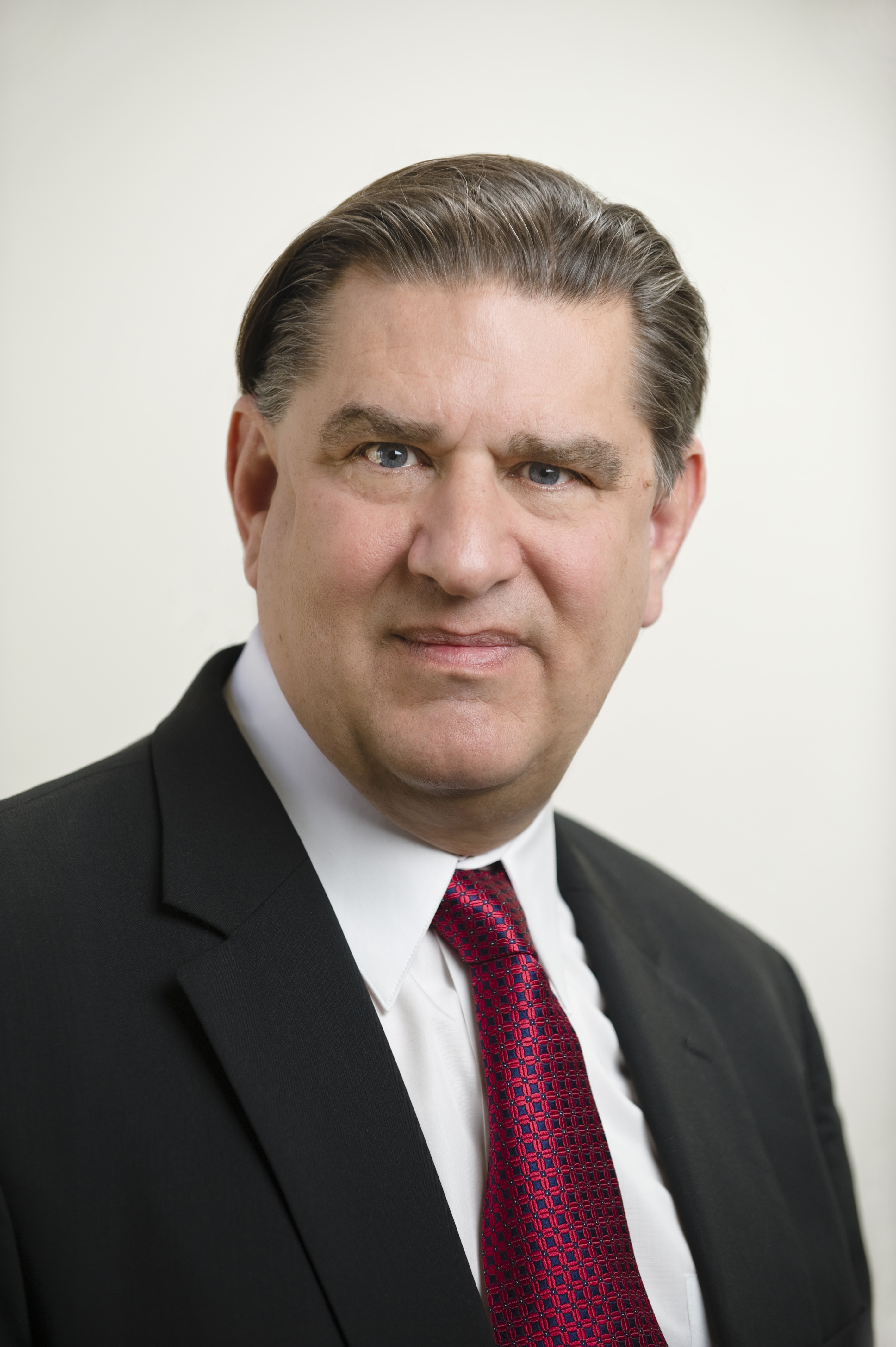April 12th, was the 50th anniversary of the first human flight into space, that of the Russian Yuri Gagarin. At the time, it was viewed entirely through the lens of the Cold War and its politics — as a propaganda tool by the Soviet regime, on their side — a proof of the glory of the Communist regime. In the west, it was viewed as a symbol of Nikita Krushchev’s recent threat — “We will bury you.” Today, the symbols of the Soviet era are found only in museums, and the same Soyuz launch vehicles now carry the double-headed eagle of the Russian Federation. Gagarin himself is long dead, a victim of a mundane accident. A new space race, driven not by politics but by the urge for exploration and industry pits not nation against nation, but multinational teams from across the globe in peaceful commercial competition. In the long run Gagarin will be remembered not as the cog in the Soviet state machine that he was during his lifetime, but as the precursor of the expansion of humanity off the planet of our birth.
Meanwhile, the emergence of a new suborbital provider intending to operate from the Netherlands demonstrates that the new space race is heating up Europe as well as America. Recently the prestigious Southwest Research Institute, one of America’s premier space research organizations, startled the research world by reserving suborbital flights on both the American form XCOR Aerospace and the Anglo-American firm Virgin Galactic for scientific research, demonstrating that the term “space tourism” may become an inadequate description of human commercial suborbital flight. Meanwhile, suborbital operators continue to await further clarification of the regulatory environment from authorities at both the national and European Union levels, which may determine the viability of EU member states as operational locations. These new developments demonstrate that the stakes — jobs and stimulation of business and research — in this matter are increasing as time goes by.

